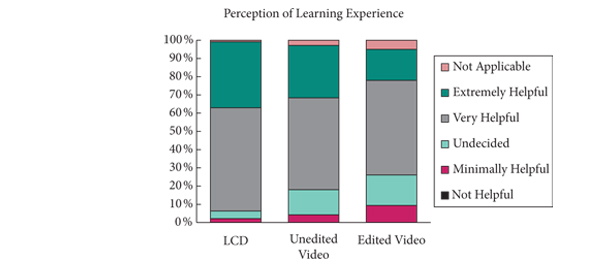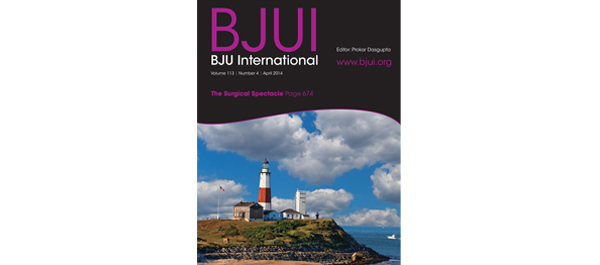Article of the month: The surgical spectacle
Every week the Editor-in-Chief selects the Article of the Week from the current issue of BJUI. The abstract is reproduced below and you can click on the button to read the full article, which is freely available to all readers for at least 30 days from the time of this post.
In addition to the article itself, there is an accompanying editorial written by a prominent member of the urological community. This blog is intended to provoke comment and discussion and we invite you to use the comment tools at the bottom of each post to join the conversation.
If you only have time to read one article this week, it should be this one.
The surgical spectacle: a survey of urologists viewing live case demonstrations
Sammy E. Elsamra, Mathew Fakhoury, Hector Motato, Justin I. Friedlander, Daniel M. Moreira, Joel Hillelsohn, Brian Duty, Zeph Okeke and Arthur D. Smith
The Arthur Smith Institute for Urology, Hofstra North Shore-LIJ School of Medicine, New Hyde Park, NY, USA
OBJECTIVE
• To evaluate perspectives of urologists viewing live case demonstrations (LCD) and taped case demonstrations (TCD).
METHOD
• A 15-question anonymous survey was distributed to attendees of the live surgery session at the American Urological Association 2012 national meeting (Atlanta) and the second International Challenges in Endourology meeting (Paris).
RESULTS
• Of 1000 surveys distributed, 253 were returned completed (response rate 25%). Nearly half of respondents were in the academic practice setting and nearly 75% were beyond training.
• Just over 30% had performed a LCD previously. The perceived benefit of an LCD was greater than unedited and edited videos (chi-squared P = 0.014 and P < 0.001, respectively). Nearly no one selected ‘not helpful’ and a few selected ‘minimally helpful’ for any of the three forms of demonstration.
• Most respondents identified that opportunity to ask questions (61%) and having access to the full unedited version (72%), two features inherent to LCD, improved upon the educational benefit of edited videos.
• Most (78%) identified LCD as ethical. However, those that did not perceived lower educational benefit from LCD (P = 0.019).
• A slim majority (58%) would allow themselves or a family member to be a patient of a LCD and the vast majority (86%) plan to transfer knowledge gained at the LCD session into their practice.
CONCLUSIONS
• Urologists who attended these LCD sessions identified LCDs as beneficial and applicable to their practice.
• LCDs are preferred over videos. The large majority considers LCD ethical, although not as many would volunteer themselves for LCD.
• Further studies are necessary to determine if there is actual benefit from LCD over TCD to patient care.


